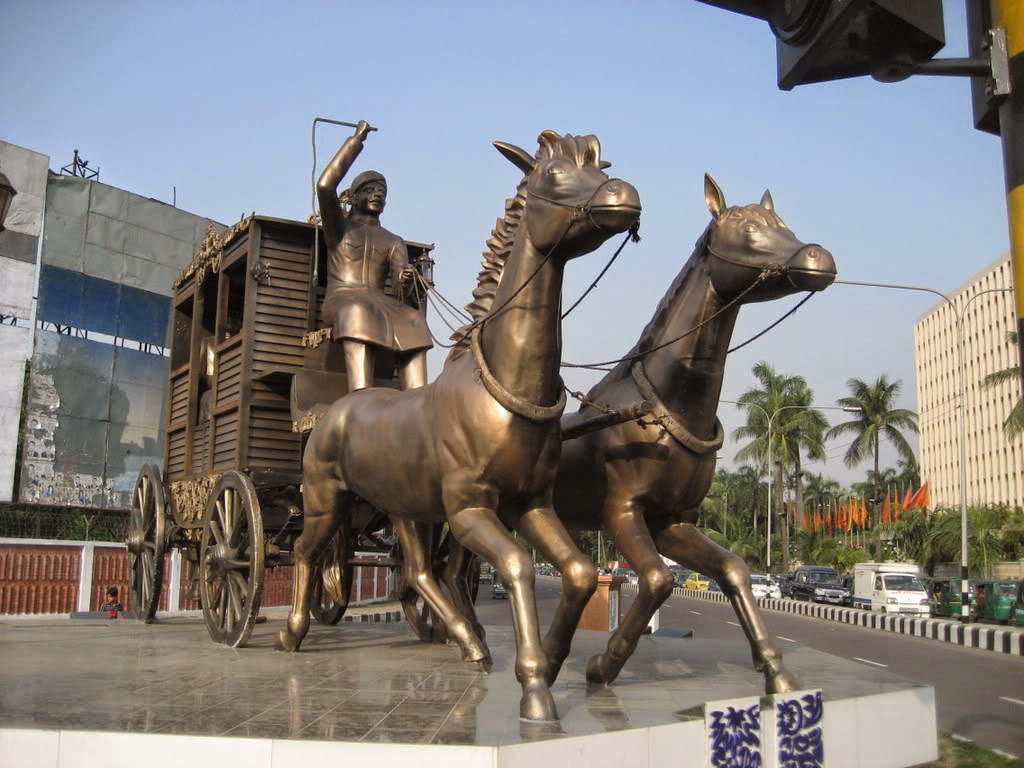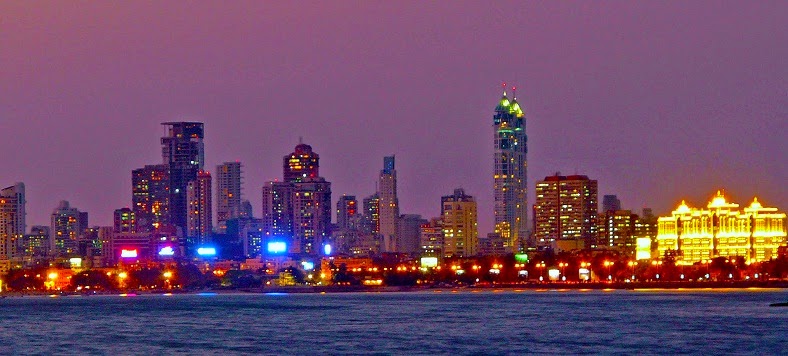Saturday, 15 November 2014
Bhutan - The Wide Worlds Snaps
Ruler: King Jigme Khesar Namgyal Wangchukin (2006)
density per sq km: 50
Monetary unit: Ngultrum
Bangladesh - The Wide Worlds Snaps
President: Abdul Hamid (2013)
Prime Minister: Sheikh Hasina (2009)
Land area: 51,703 sq mi (133,911 sq km);
total area: 55,598 sq mi (144,000 sq km)
total area: 55,598 sq mi (144,000 sq km)
Population (2014 est.): 166,280,712 (growth rate: 1.6%); birth rate: 21.61/1000; infant mortality rate: 45.67/1000; life expectancy: 70.65
Capital and largest city (2011 est.): Dhaka, 15.391 million
Other large cities: Chittagong, 5.239 million; Khulna, 1.781 million; Rajshahi 932,000
Modern Bangladesh emerged as an independent nation in 1971 after achieving independence from Pakistan in the Bangladesh Liberation War. The country constitutes with the major portion of the ancient and historic region of Bengal in the eastern part of the Indian subcontinent, where civilization dates back over four millennia, to the Copper Age. The history of the region is closely intertwined with the history of Bengal and the history of India.
Tags: Bangladesh - The Wide Worlds Snaps, The Wide Worlds Snaps, Bangladesh, Bangladesh beutifull pictures, Bangladesh cities, Bangladesh country, Bangladesh beautifull country pictures,
Bahrain - The Wide Worlds Snaps
King: Hamad ibn Isa al-Khalifah (1999)
Prime Minister: Khalifah ibn Sulman al-Khalifah (1970)
Land area: 239 sq mi (619 sq km);
total area: 257 sq mi (665 sq km)
total area: 257 sq mi (665 sq km)
Population (2014 est.): 1,314,089 (growth rate: 2.49%); birth rate: 13.92/1000; infant mortality rate: 9.68/1000; life expectancy: 78.58
Capital and largest city (2011 est.): Al-Manámah, 262,000
Monetary unit: Bahrain dinar
Known in ancient times as Dilmun, Bahrain was an important center of trade by the 3rd millennium B.C. The islands were ruled by the Persians in the 4th century A.D. , and then by Arabs until 1541, when the Portuguese invaded them. Persia again claimed Bahrain in 1602. In 1783 Ahmad ibn al-Khalifah took over, and the al-Khalifahs remain the ruling family today. Bahrain became a British protectorate in 1820. It did not gain full independence until Aug. 14, 1971.
Although oil was discovered in Bahrain in the 1930s, it was relatively little compared to other Gulf states, and the wells are expected to be the first in the region to dry up. Sheik Isa ibn Sulman al-Khalifah, who became emir in 1961, was determined to diversify his country's economy, and he set about establishing Bahrain as a major financial center. The country provides its people with free medical care, education, and old-age pensions.
Conflicts between the Shiite and Sunni Muslims are a recurring problem in Bahrain. The Sunni minority, to which the ruling al-Khalifah family belongs, controls nearly all the power and wealth in the country. the Shiites continue to agitate for more representation in government, and minor violent clashes have led to about two dozen deaths since 1994.
Tags: bahrain, Bahrain Beauty, Bahrain country, Bahrain - The Wide Worlds Snaps, The Wide Worlds Snaps, Bahrain country, Bahrain beautifull country pictures, Bahrain snaps,
Afganistan - The Wide Worlds Snaps
President: Ashraf Ghani (2014)
Chief Executive: Abdullah Abdullah (2014)
Total area: 250,000 sq mi (647,500 sq km)
Population (2014 est.): 31,822,848 (growth rate: 2.3%); birth rate: 38.8/1000; infant mortality rate: 117.23/1000; life expectancy: 50.49; density per sq mi: 123.7
Capital and largest city (2011 est.): Kabul, 3,097,300
Other large cities: Kandahar, 349,300; Mazar-i-Sharif, 246,900; Charikar, 202,600; Herat, 171,500
Monetary unit: Afghani
Afghanistan (meaning "land of the Afghans") has been a strategically important location throughout history.Afganistan is located in South Asia.The land served as "a gateway toIndia, impinging on the ancient Silk Road, which carried trade from theMediterranean to China". Sitting on many trade and migration routes, Afghanistan may be called the 'Central Asian roundabout' since routes converge from the Middle East, from the Indus Valley through the passes over the Hindu Kush, from the Far East via the Tarim Basin, and from the adjacent Eurasian Steppe.
Darius I and Alexander the Great were the first to use Afghanistan as the gateway to India. Islamic conquerors arrived in the 7th century, and Genghis Khan and Tamerlane followed in the 13th and 14th centuries.
In the 19th century, Afghanistan became a battleground in the rivalry between imperial Britain and czarist Russia for control of Central Asia. Three Anglo-Afghan wars (1839–1842, 1878–1880, and 1919) ended inconclusively. In 1893 Britain established an unofficial border, the Durand Line, separating Afghanistan from British India, and London granted full independence in 1919. Emir Amanullah founded an Afghan monarchy in 1926.
Subscribe to:
Comments (Atom)




















.jpg)



































